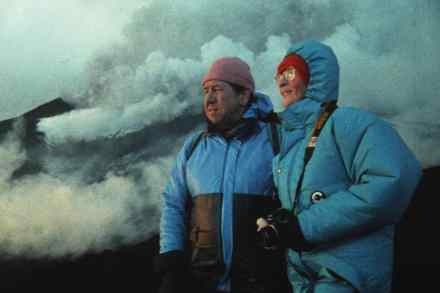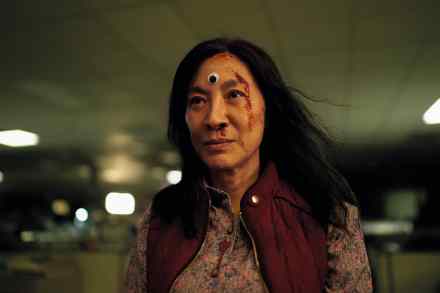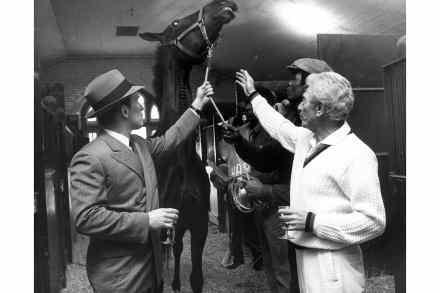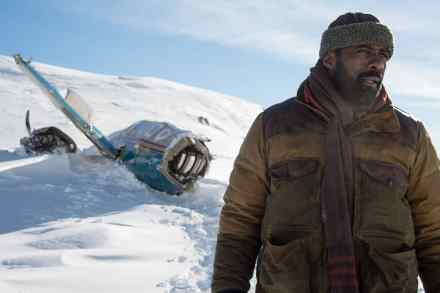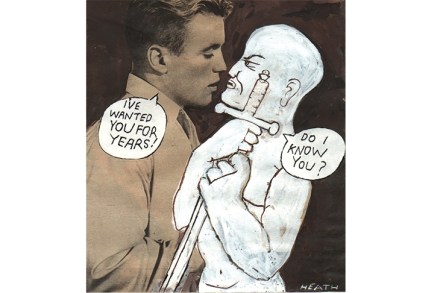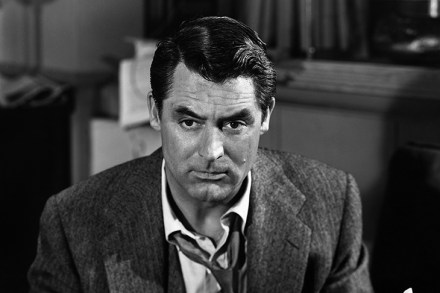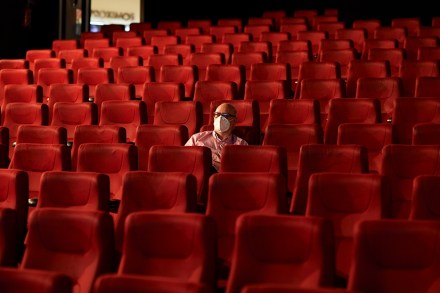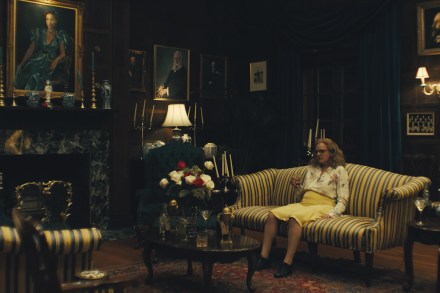Schlocky and silly but fun: Beast reviewed
Beast is, the blurb tells us, a ‘pulse-pounding thriller about a father and his daughters who find themselves hunted by a massive rogue lion intent on proving that the savannah has but one apex predator’. Whether this was ever intended to be a serious film, I cannot say, but it’s fun in its schlocky, gory, silly way, doesn’t outstay its welcome (it’s barely 90 minutes) and will satisfy anyone who has ever yearned to see Idris Elba wrestle a lion and then punch it full in the face. Not my dream especially, but each to their own. ‘Whatever did this is still out there,’ someone says because someone always has


